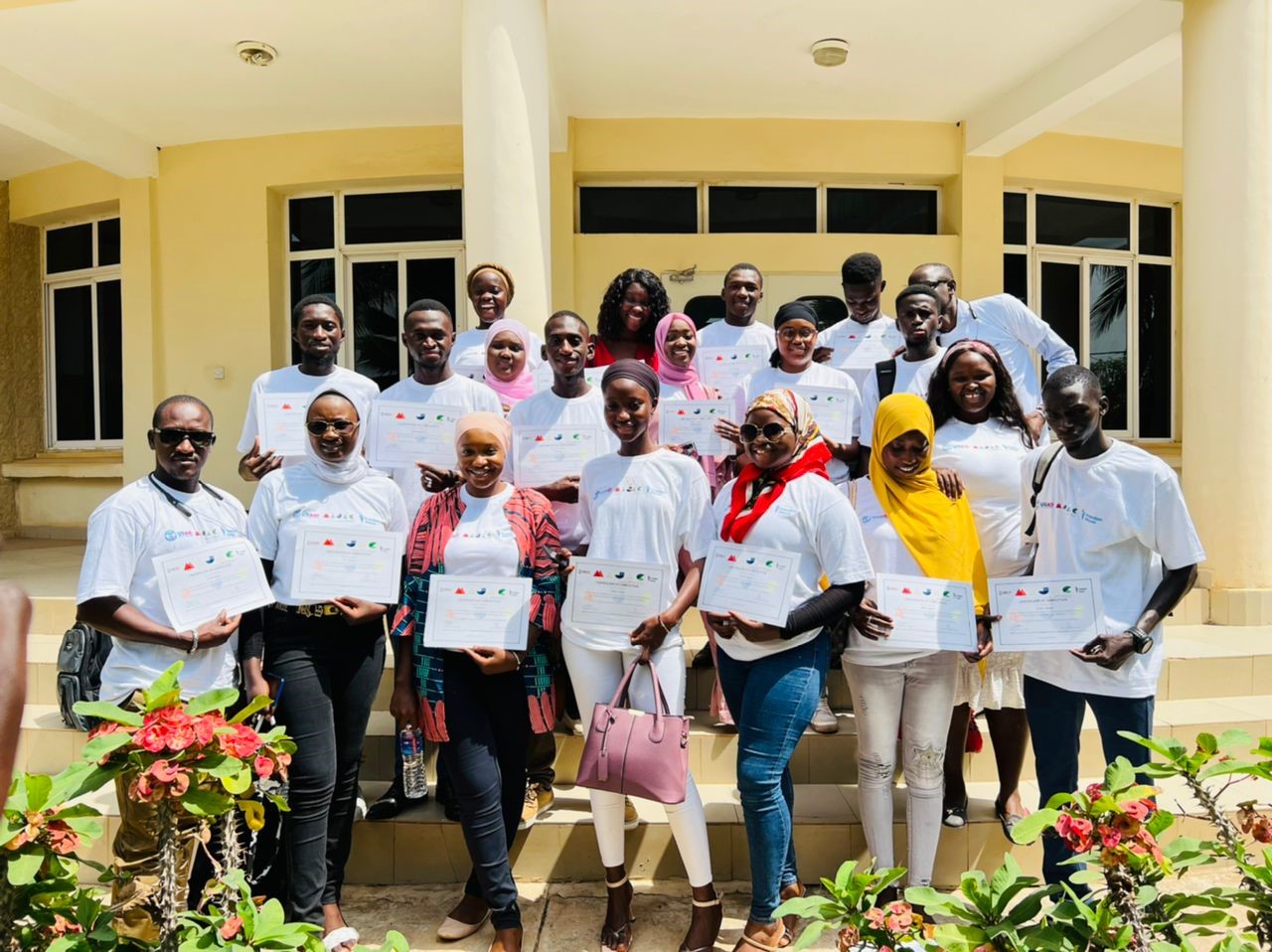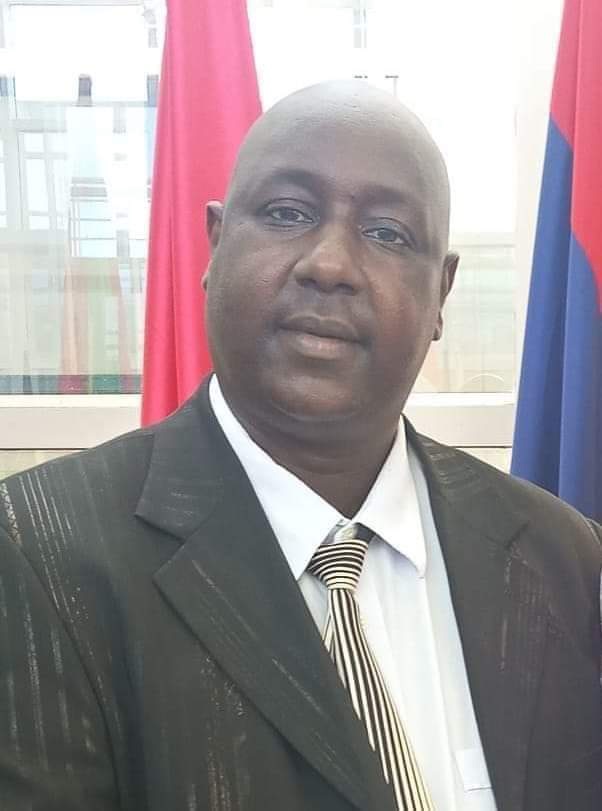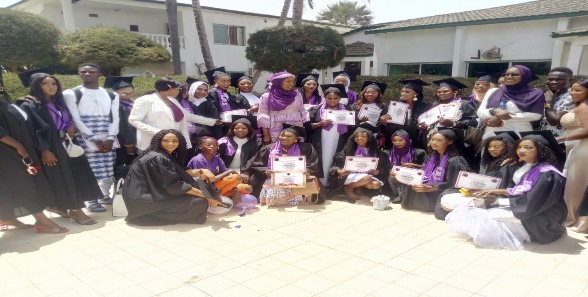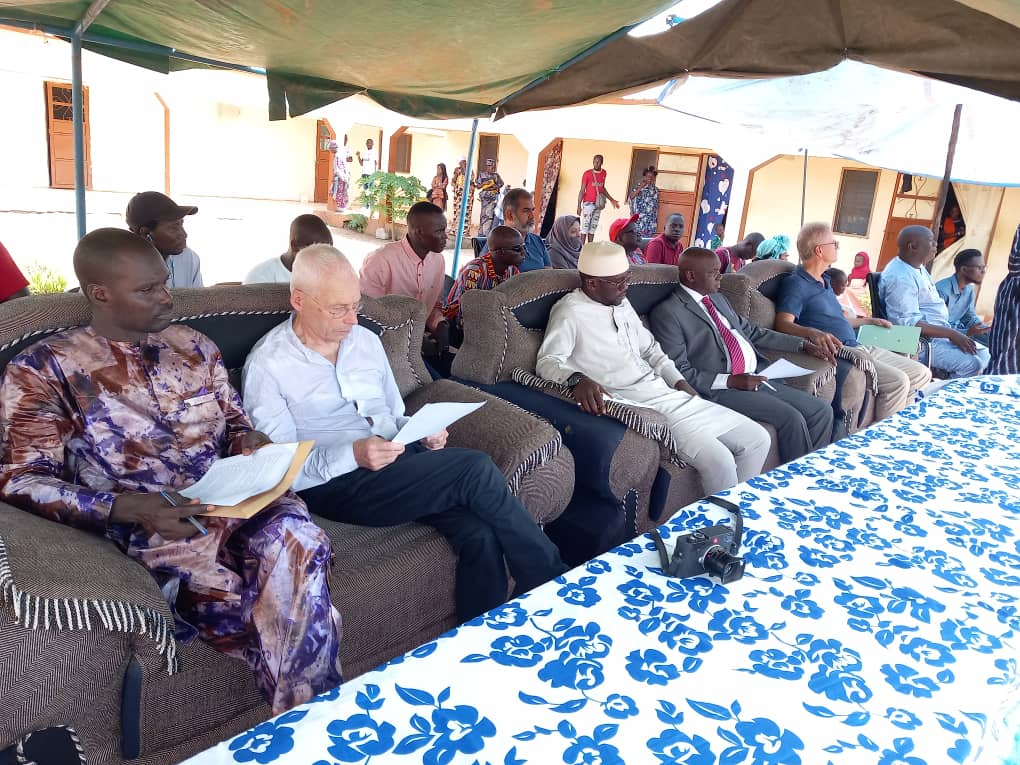By Mustapha Jarju
The Media Academy for Journalism and Communication (MAJaC) yesterday graduated and certificated 21 Journalism students after completing five weeks of intensive ethical reporting training which was sponsored by the United States Agency for International Development, and Freedom House, and implemented by MAJaC in the quest to strengthening ethical Journalism in media houses with the theme “Ethical Journalism Training to Strengthen Media.”
MAJaC graduation ceremony was held at the National Nutrition Agency (NaNA) Conference Centre in Kanifing.
Speaking at the ceremony, President of the Gambia Press Union Muhammed S. Bah acknowledged to the graduates that, after going through 5 weeks of ethical training, the knowledge gained should be applied to their work as journalists. “We have seen how media is being unethical which by extension is causing public mistrust and distrust to the media, especially to the emerge of the online media in this country,” he sounded it to their hearing.
Mr. Bah called on the graduates to be ambassadors of ethics and advised them to engage their colleagues whenever needed to ensure that ethics is not compromised in the media, and ethical journalism manifests in their work, while he thanked MAJaC with its partners for the initiative.
Judy Order, Country Representative of Freedom House, acknowledged the first batch of the graduates saying all the trainees took the opportunity very seriously and attended all sessions with utmost dedication.
She said during the training, the trainees were taken through Business of Journalism, sourcing, attribution and rumor, plagiarism, fabrications, and lies as well as social media video and photo ethics, which was now their responsibility to practice what they have learned.
She added that following a dictatorship rule The Gambia is navigating a delegate transition to restore rule of law and adopt laws and practices to enhance governance and rule of law and to enhance social development for national priority.
Speaking on the country`s transition, she said, media houses have an understanding of how information flow, and the media have a critical role in the process of the Gambia`s democratic gains.
Sang Mendy, the Managing Director of Media Academy for Journalism and Communication, reminded the Grandaunts that, “where journalists or the member of the press continue to behave irresponsibly and unethically, the government is often compelled to bring in laws that might lead to potential censorship, something press organizations all over the world frown upon.”
Mr. Mendy disclosed that the advent of the internet is causing losses for media houses when it comes to advertisement, “with less money to pay and support public interest journalism, newsroom struggle to maintain their ethical base, and ethical problems that have always been on the radar and now magnified, including political bias, undue corporate influence stereotype, and conflict of interest.”
MAJaC MD assured his trust in the graduates and challenged them to make the journalism work brighter and reach out to their colleagues in the media who are probably doing wrong things knowingly or unknowingly to save the journalism profession.
MD Mendy hoped for a long-lasting relationship between MAJaC and Freedom House to continue to strengthen and build the capacity of young journalists, community media journalists, final-year journalism students, and community and civil society organizations.
Speaking on behalf of the graduates, Adama Joof, thanked Freedom House and USAID for supporting such training for journalists, saying in their profession, most of the problems are committed by themselves and they are the ones to solve them.
Adama added that, despite journalism being the fourth estate, journalists have been blamed for certain misconducts by turning to manipulate the public with imbalance opinionated and sensationalized stories. Added that the team has been equipped with a lot of ethical principles which she believed would help change the narrative.




